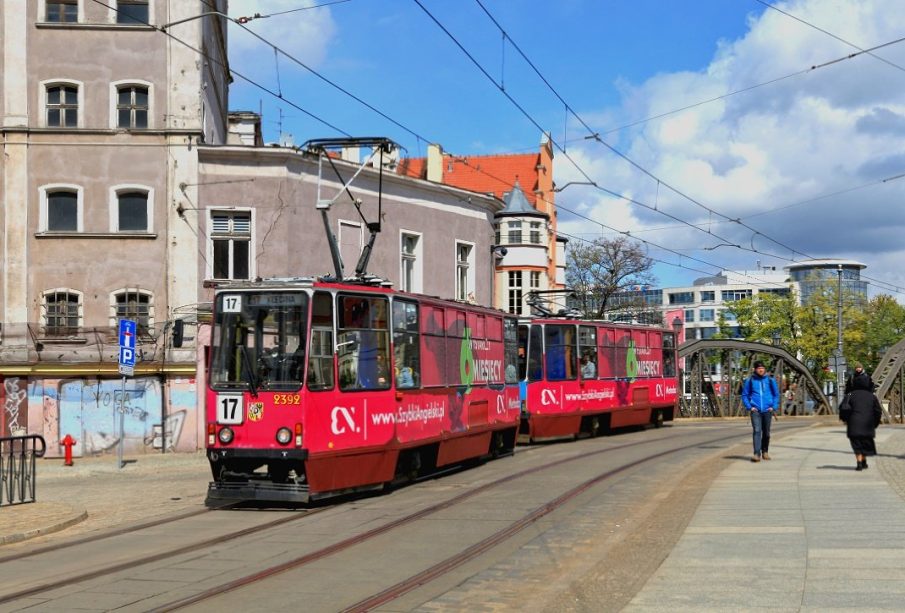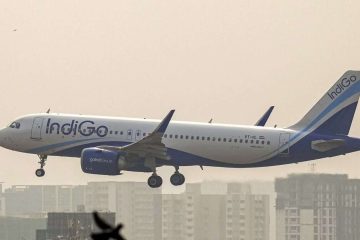Exploring Wroclaw: The Cultural Capital of Poland

Introduction
Wroclaw, the largest city in Western Poland, is known for its rich history, diverse culture, and vibrant atmosphere. As one of the country’s most significant urban centers, Wroclaw has become a key player in Poland’s economic and cultural landscape. Its strategic location along the Oder River and historical significance make it a focal point for tourists, historians, and businesspeople alike.
Wroclaw’s Historical Significance
Founded in the 10th century, Wroclaw has a tumultuous past, having been influenced by various cultures and nations over the centuries. The city has switched hands between Prussia, Austria, and Poland, shaping its unique character. In 1945, the population was largely displaced, leading to a significant transformation in the city’s demographic landscape.
Cultural Highlights
Wroclaw is renowned for its stunning architecture, showcased in landmarks such as the Gothic-style Wroclaw Cathedral, the Market Square with its enchanting Town Hall, and the Centennial Hall, a UNESCO World Heritage site. The city is also famous for its numerous bridges, particularly the Tumski Bridge, which offers picturesque views of the city.
The city’s vibrant cultural scene is enriched by numerous festivals, such as the Wroclaw Non-stop festival and the annual Wroclaw Music Festival, celebrating both local and international talents. Wroclaw was also the European Capital of Culture in 2016, further cementing its place on the cultural map of Europe.
Economic Growth and Innovation
In addition to its cultural offerings, Wroclaw has developed into an economic powerhouse in Poland. The city is home to a growing tech industry, with many startups and established companies choosing to set up operations here. The burgeoning biotech and IT sectors have attracted professionals from across the globe, resulting in a multicultural working environment.
Conclusion
Wroclaw stands out as a city that beautifully merges its historic roots with modern development. As it continues to grow, it remains an essential destination for anyone looking to experience Poland’s rich cultural offerings and economic vitality. The city’s ability to adapt while celebrating its history is a testament to its resilience and charm, making it a significant city to watch for both tourists and investors in the coming years.









